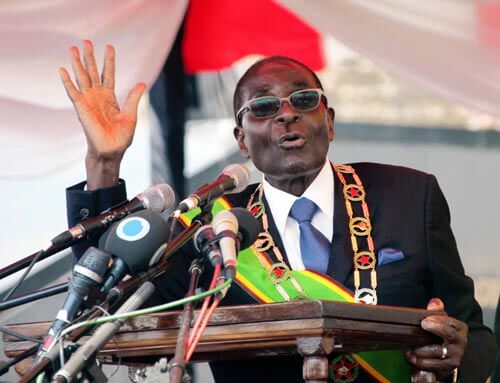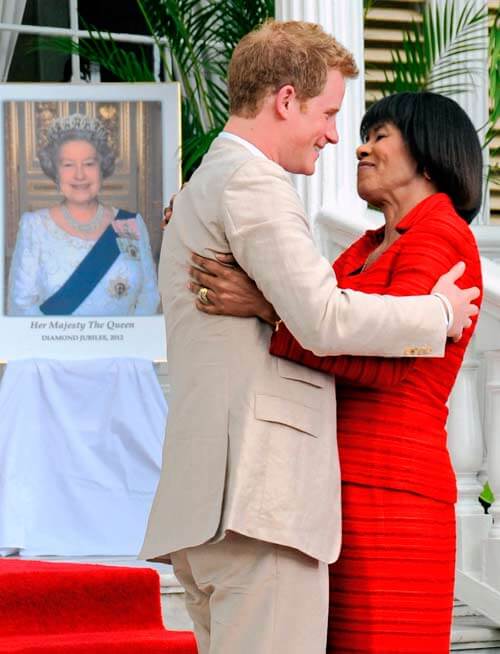KINGSTON, Jamaica (AP) — Jamaican Prime Minister Bruce Golding said Thursday that U.S. Embassy officials displayed a “belligerent attitude” toward his government after Washington sought the extradition of a reputed crime boss with ties to his political party.
Golding said the U.S. Embassy’s charge d’affaires pressured his justice minister to quickly hand over alleged drug kingpin Christoper “Dudus” Coke during at least two phone calls within days of his government receiving the August 2009 extradition request.
“I interpret that kind of behavior as harassment,” Golding testified to a fact-finding commission examining his government’s handling of the extradition request for Coke.
The prime minister resisted the U.S. extradition request for nine months, arguing Coke’s indictment on gun and drug trafficking charges relied on illegal wiretap evidence. The stance strained relations with Washington, which questioned Jamaica’s reliability as an ally in the fight against drug trafficking.
The U.S. Justice Department listed Coke as one of the world’s most dangerous drug lords. He controlled the Tivoli Gardens slum in West Kingston, a community that has long been a bastion of support for the governing Jamaica Labor Party.
Even amid reports the alleged leader of the notorious Shower Posse gang was stockpiling weapons to prevent arrest, Golding said he sought out lobbyists to contest the extradition with U.S. officials higher up the ladder in Washington due to what he called the local embassy’s “obstinate” manner and disinclination to respond to Jamaica’s legal objections.
“I was also mindful of the fact that because this request involved Christopher Coke (and) because of the high media temperature … this was not an issue that we could afford to leisurely meander our way through normal diplomatic channels to try and resolve,” Golding testified.
U.S. Embassy spokeswoman Yolonda Kerney said there would be no comments during the commission’s inquiry.
Golding eventually instructed Labor Party insider Harold Brady to retain U.S. lobbyists to contest the extradition. In earlier testimony, Golding said he was furious when Brady told him that Los Angeles-based firm Manatt, Phelps & Phillips took on the lobbying case as a Jamaican government representative, disobeying his instructions to act only as an intermediary of the political party.
Golding said he regretted bringing in the lobbying firm in Coke’s case, but insists he acted only in his capacity as head of the Jamaica Labor Party, not as prime minister. Brady disputes this claim and has sued Golding for libel.
The prime minister’s handling of the Coke extradition, in particular his authorization of the law firm to lobby Washington to drop their request, provoked an outcry that threatened his political career. He even offered his resignation last year, but it was rejected by his party.
Golding, whose parliament district includes Coke’s West Kingston slum stronghold, finally agreed to send Coke to the U.S. as questions rose about the reputed drug kingpin’s ties to the governing party.
The hunt for Coke in the slums led to four days of fighting in May that killed 73 civilians and three security officers in Tivoli Gardens. He was captured June 22 and sent to the United States days later.
Now jailed in New York, Coke has pleaded not guilty to charges that he trafficked drugs to the eastern United States and funneled profits and weapons back to Jamaica.























